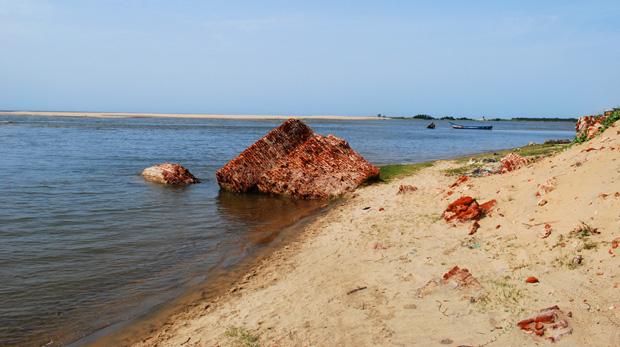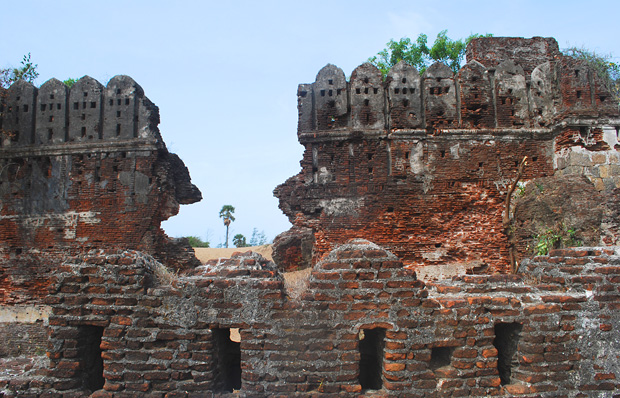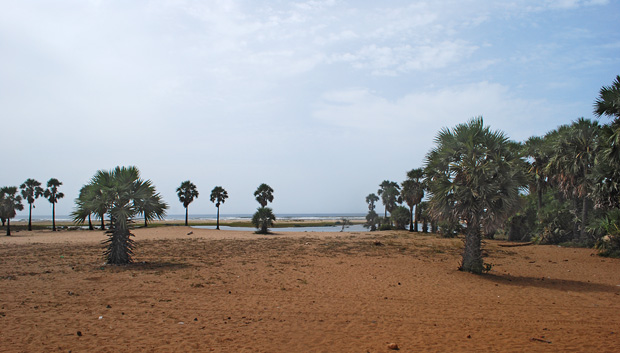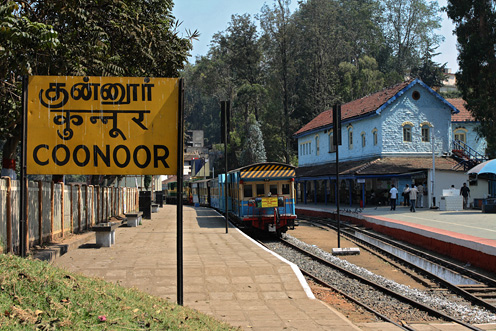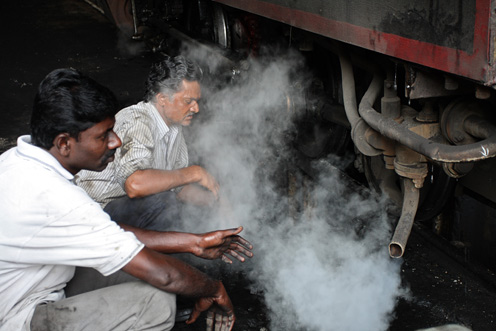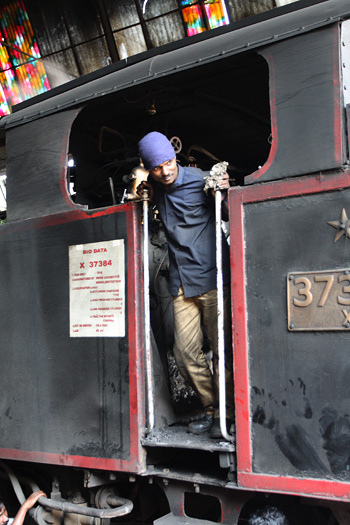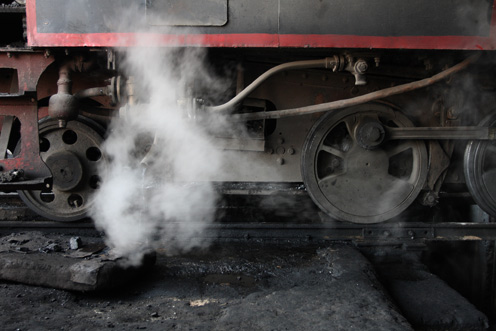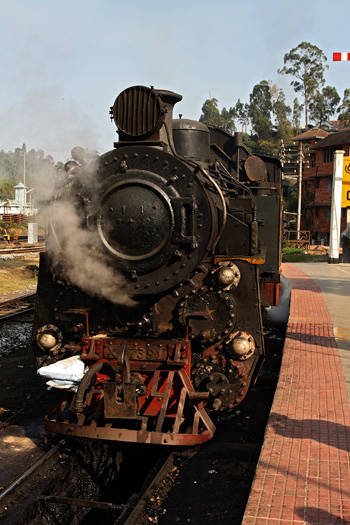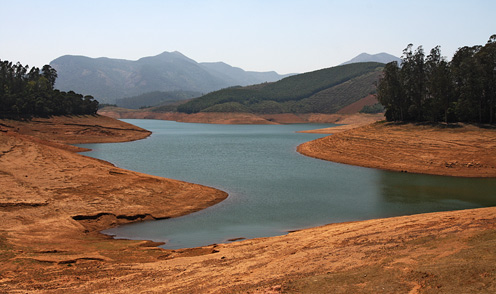Darasuram
Travel writer Lakshmi Sharath continues her series on less known heritage site. See Lakshmi’s earlier post in the series on Alamparai.
Great kings do not just leave behind maps depicting their conquests. They also leave behind their footprints etched on the sands of time. Their empires fade away and many a capital city disappear but the crumbled remains of forts and temples erected by them stand as a testimony to their reign. These were my first thoughts as I entered a dusty village called Darasuram in interior Tamil Nadu, into the portals of an ageless Shiva Temple
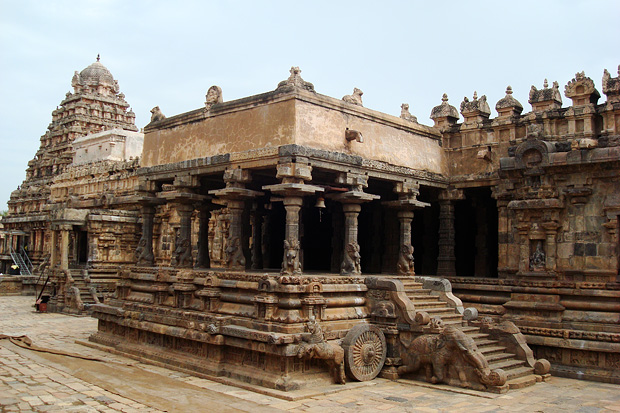
Built by Raja Raja Chola 11 in the 12th century, this temple, often referred to as a miniature marvel was called Airavateshwar Temple and it took over 25 years to complete. Legend has it that the Chola king was fulfilling the wish of a female cowherd who wanted to have a temple in her village and he personally designed every single stone here, which is described as a sculpture’s dream in stone. The town itself came to be known as Rajarajapuram
A temple shaped like a chariot drawn by horses and elephants supported by 100 monolith pillars carved exquisitely greet us. Mythical yali carvings grace the outer pillar. Stories from Indian mythology come alive on the pillars as sculptures dance in front of your eyes. The temple is a veritable gallery of dance and art.
Various moods and forms of Shiva adorn the temple. So you see an angry Shiva burning Kama, the God of love, while another sculpture describes his fight with Tripuras. Marriages and penances are enacted in stone, but finally we stop at a handsome form of the lord watched over by women. Dwarf-like Shiva ganas are playing various musical instruments, one on a drum, another holding a conch.
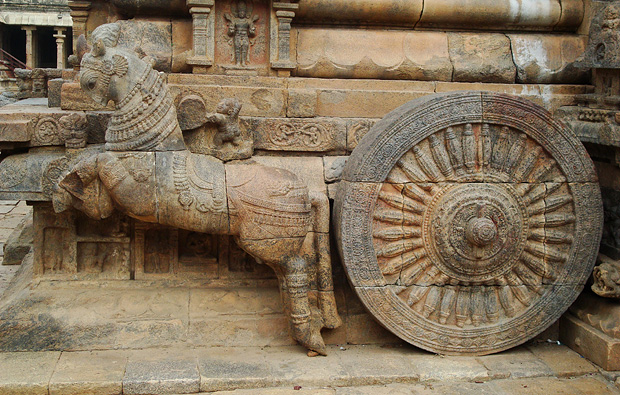
The temple wall is a veritable art gallery. Scuptures made of polished black basalt are typical representations of ancient Chola art. Multi headed and multi armed, they come alive with various emotions. There is Agora Virabhadra with an angry expression with three heads and four arms or a peaceful Agasthya, a four armed Nagaraja folding his hands with a snake hood above his head, a three faced eight armed Ardhanarishwar (half woman-half man ), an eight armed Durga sitting on the severed head of a buffalo amongst other sculptures. The Shiva Purana and Periya Purana are enacted here as tales of devotion and devotees ooze out of the stone. It is little wonder that the temple, along with the two Brihadeshwar temples is a World UNESCO site.
We walk down to the Devi temple which is silent and closed. The yalis look down on us from the pillars. We sit quietly and lean against the yalis and wonder about how time had stood still here. The hamlet must have been bursting with life at one time. Today it is just a town of memory, forgotten except for some stray tourists and scholars who generate curiosity in the lives of simple agrarian folks.
This post was written by Lakshmi Sharath for AffordableCallingCards.net, which offers long distance India phone cards.
